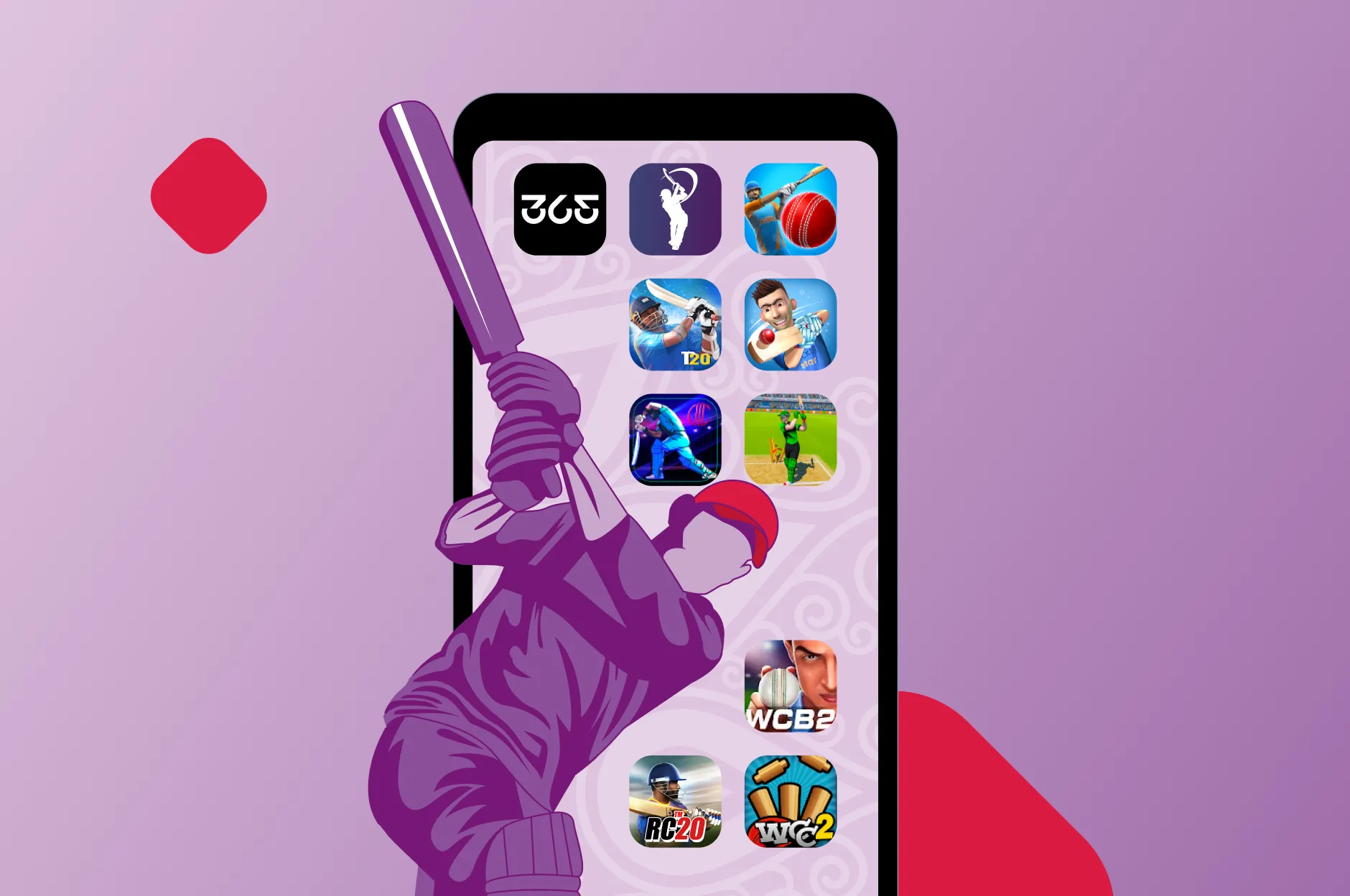

How Gen Z and Millennial Shoppers Plan to Spend during the Holidays
It’s all too easy to dismiss Millennials (a person who reached young adulthood in the early 21st century) and Gen Z-ers (the post-millennial generation) as generations who flit between one fad and the next with little direction in life. But if you are serious about making money, these are two huge cross-sections of the population that you really shouldn't ignore.In 2019, Millennials overtook Boomers (post-war babies) as the largest population group in the US. There are more than 72 million Millennials in the US. As such, they yield incredible spending power (estimated to reach $1.4 trillion in 2020 or 30% of total retail sales).Gen Z is hot on the tails of the Millennials with a population of some 65 million. Although their direct spending power is expected to reach a “measly” $44 billion in 2020, this is enhanced to $600 billion when their influence over the parent’s spending is taken into account.Make no mistake, Millennials and Gen Z are big business.How Gen Z and Millennials ShopMillennial and Gen Z shoppers are not easily sold to via the old tried and tested routes of TV and print media advertising. They are more likely to be influenced by their friends, family and (certainly in the case of Gen Z) social media influencers.With 96% of Gen Z-ers accessing online services via their smartphones, it’s hardly surprising that mobile devices are so influential when it comes to making purchasing decisions. This means the primary root to market is via social channels like Facebook, Pinterest, Twitter, Instagram, SnapChat and YouTube with the vast majority of these being accessed on a mobile device.Further Reading: Gen Z – Will the Smartphone Generation Change the Way We Work?Hybrid ShoppersWhat is perhaps surprising, is a significant number of Millennials and Gen Z shoppers like to do their shopping in the real world.According to the consumer insights company Perksy, Millennials and Gen Z-ers are hybrid shoppers and enjoy shopping both online and in bricks and mortar stores. Curiously, Gen Z-ers are more likely to shop in malls and on the high street than their millennial predecessors.This doesn’t mean that online shopping apps are becoming less important for Millennial and Gen Z shoppers. The word “hybrid” is very important. Millennials and Gen Z-ers are typically quite price-sensitive and love hunting down a bargain. This makes shopping trends like showrooming (where someone visits a store but then buys online) and active price comparison are very important.Further Reading:Marketing to Millennials: The Power of the Preload.Social Shopping Creates OpportunitiesFor the Millennial and Gen Z shopper, a trip to the mall is as much about socializing and entertainment than it is about actually buying stuff. This creates numerous opportunities for businesses outside of the traditional retail space to optimize their app marketing strategies.Coffee shops and restaurants are optimizing their loyalty programs and voucher offers to attract Millennial and Gen Z shoppers. Movie theatres and activity-based businesses (gyms, wall-climbing centers, soft play areas – millennials have kids, etc.) can all manage membership programs and ticket sales via mobile devices. Lift sharing apps and public transport systems that get people to and from the mall, all benefit incredibly from Millennial and Gen Z shoppers connecting to their apps while on the move. When all of this can be done from the palm of your hand via a smartphone – Millennials and Gen Z-ers suddenly seem rather more organized than many of their detractors would give them credit.Further Reading: Catering for App Users: Best Practices in the Food and Beverage Industries.Further Reading:Starbucks: A Case Study in Effective Mobile App Marketing.Capture More Millennial and Gen Z ShoppersThe Millennial and Gen Z shopper is probably more difficult to define than you might imagine. They don’t typically belong to any specific tribe or group as might have been the case with older generations. They are very much their own people with their own tastes distilled through their network of equally diverse friends. The one thing they do have in common is their smartphones which help guide them through both the digital and real-world environments.To learn how Digital Turbine can help your app reach the highly-prized Millennial and Gen Z audience, contact us today and ask to speak with one of our app marketing experts.






.jpg)
